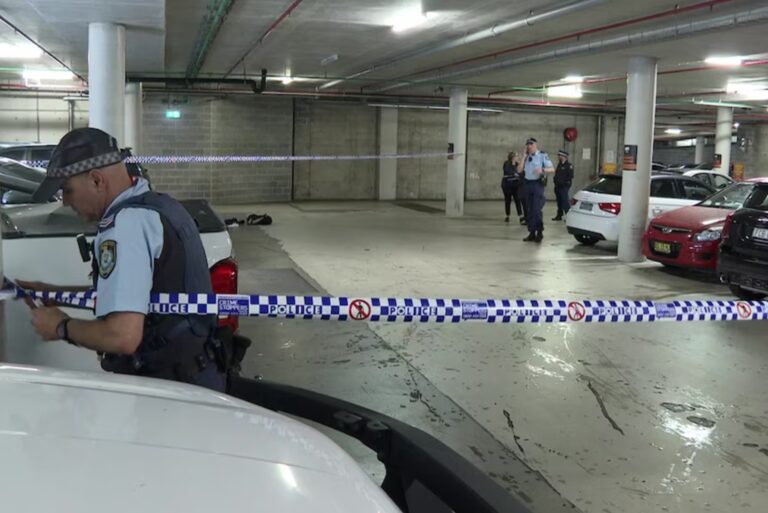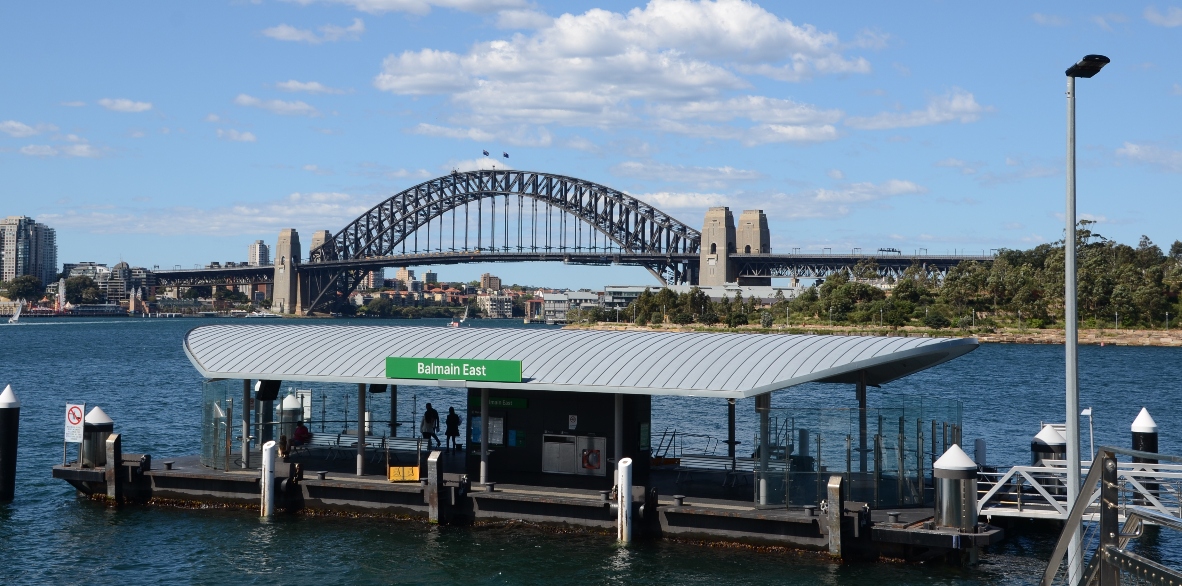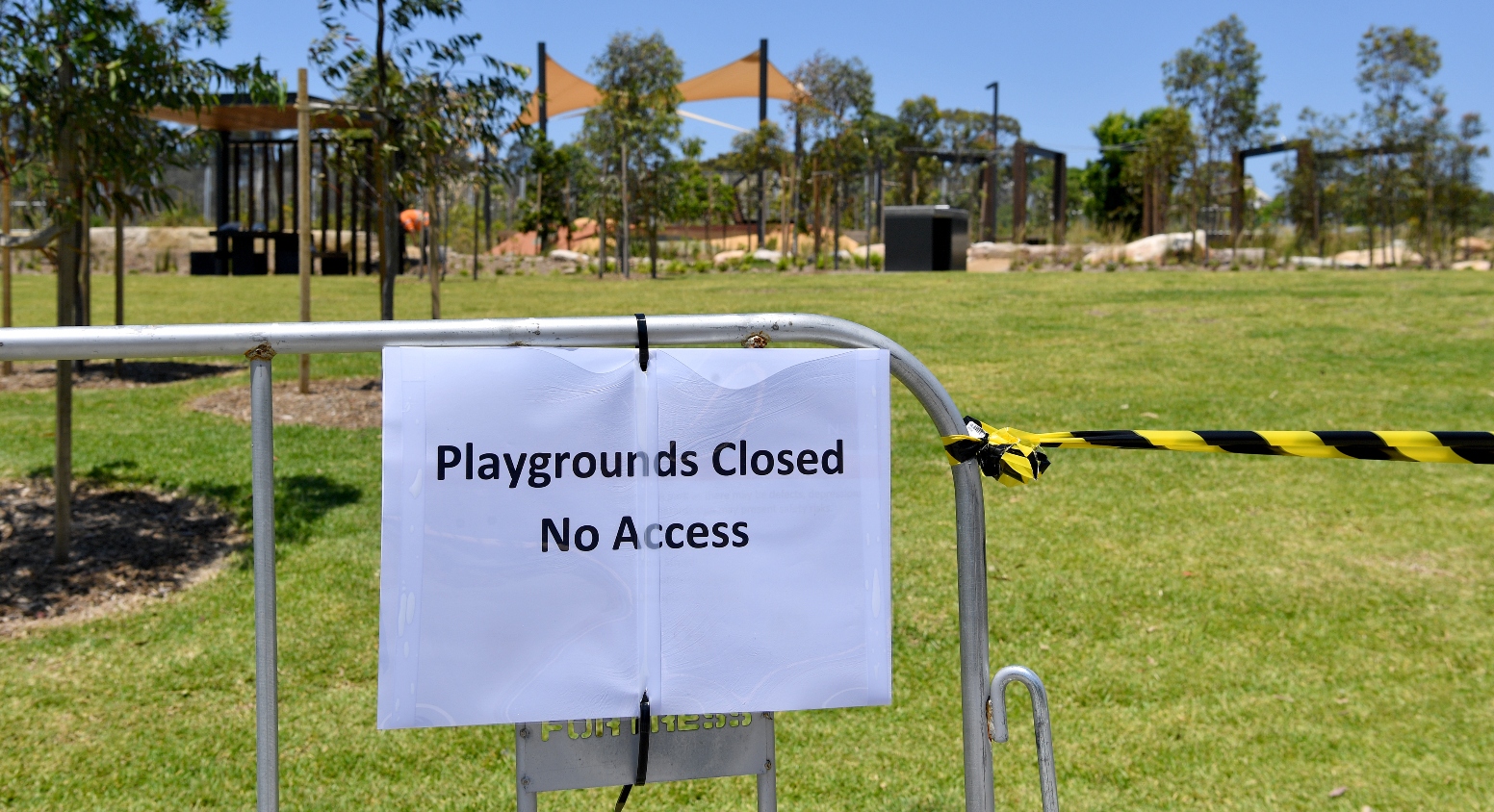
Second pill-testing trial

BY MICHAEL HITCH
Canberra paves the way once again after rolling out the second successful pill-testing medical service pilot at the Groovin The Moo music festival.
The pill-testing trial, designed to reduce harm by “providing health advice to young people,” was organised and conducted on Sunday 28 April by Pill Testing Australia (PTA), Take Control and Harm Reduction Australia, which tested 171 samples from 234 festivalgoers.
MDMA was found to be the most prominent substance in festivalgoers’ samples, as well as cocaine, ketamine and methamphetamines to a lesser extent.
Dangerous samples containing n-ethylpentylone were also identified and all patrons who were alerted to the contaminated substance used the amnesty bin to discard their “dodgy dingas”.
ACT Government support
President and Co-Founder of Harm Reduction Australia, Gino Vumbaca, said in a press release that keeping the “kids” safe was what mattered most, and that the pilot’s success was due to support from the ACT Government.
“The pilot was again overwhelmingly successful by any measure but particularly in doing everything possible to keep our kids safe,” he said.
“The simple truth is that it is time to take practical evidence-based steps to make parties and festivals safer for our kids.
“Huge thanks must go to the Groovin the Moo promoters and the ACT Government for recognising the unmitigated need to provide more information to patrons to reduce harm from drugs.”
The need to reduce harm became apparent when seven of the tested substances containing n-ethylpentylone, a lethal substance linked to mass overdoses overseas, were identified in the pills.
N-ethylpentylone is known to cause lethal heart palpitations, hallucinations and circulation problems. While purity levels of n-ethylpentylone found in the tested substances varied, all substances contained deadly levels of the chemical.
Festivalgoer and pill-testing advocate, Lucy, was one of the lucky few whose pills were identified as containing the lethal substance. Lucy bought her pills from a trusted friend and said that despite having difficulty finding the pill-testing shed, she was ecstatic that she was given the knowledge to make an informed decision.
She said, “Once we found the shed, it was all good. They weren’t shameful and everyone there was so good, they even gave us lollipops afterwards which was great.
“They said that I could’ve hallucinated, not in a fun way, and there would’ve been paranoia. It would not have been a good time. They said it was the high purity of the n-ethylpentylone that was the danger and this makes it scarier.
“Convulsions, increased temperatures, temporary paranoia. It’s really fucked stuff and it’s incredibly nasty. When he asked if I wanted to dispose of it, I said ‘of course’ but it was so refreshing that they didn’t just confiscate them off me.
“I just don’t understand why NSW is still waging its war on drugs. This just shows how damaging black-market substances are but we also know that people aren’t just going to stop taking drugs. It’s the only solution we have right now of keeping people safe so unless the federal government wants to step up and make safe pingas – this is the only way to keep people safe.”
Despite the apparent difficulty of finding the pill-testing shed, the number of substances tested this year doubled since 2018, when only 85 pills were tested at the first rollout of the trial.
As a result of the two successful trials, PTA is now seeking funding from the ACT Government, saying that the pill-testing program has benefited the community.
Shelley Smith, a spokesperson from the Ted Noffs Foundation which launched the Take Control Campaign, was present at this year’s pilot and echoed Vumbaca and Lucy’s words, saying that the operation’s growing success prevented fatalities at this year’s Groovin festival.
Constant flow of people
“It was busy, lots going on. In terms of the service itself… It was just non-stop. We just had a constant flow of people coming through,” she said.
“We had a much bigger space this year. Last year we were working in close, cramped quarters so this year we were able to spread out more and have defined areas. We had more people to work together so it was a much more fluid process and we could process a lot more people.
“We identified this particular drug [n-ethylpentylone] in one sample at the trial last year but this time we identified seven separate samples, which was obviously concerning to us. Luckily, though, we were able to prevent any hospitalisations which was really good!
“We’d love to have it [pill-testing] rolled out everywhere. We’ve already said to every state and territory, “just say the word and we’ll bring it to you,” so really the ball is in the court of our political leaders.”









